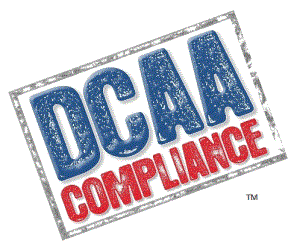We will see how this shakes out in the end, but the initial ruling by the Appeal Board finds that Contracting Officers are free to reject DCAA audits (obviously with adequate reasons) – “In deciding BAE’s claim, it is within the CO’s prerogative to accept or reject DCAA’s advice”.
Here is the section in context:
BAE contends that “[t]he Government Cannot Disavow or Dispute DCAA’s Conclusion Because, Within DoD, DCAA Has Sole Authority to Audit and To Express Those Conclusions” (app. reply at 11). BAE argues that since the DCAA is the exclusive audit agent for DoD, the Army CO was “not competent to substitute her own opinion on BAESFSR’s costs for DCAA’s” (id. at 12), and the Army trial attorneys have no authority to “substitute their arguments and opinions for DCAA’s Audit Report” (id. at 13).
BAE cites no support for the legal proposition it advanced. The Contract Disputes Act under which it brought its appeal assigned the task of deciding contractor claims to the CO, not the DCAA. 41 U.S.C. § 7103(d), (e) and (t). The DCAA audit report is advisory only. In deciding BAE’s claim, it is within the CO’s prerogative to accept or reject DCAA’s advice.
In this case, the Contracting Officer believed she had substantial evidence that the contractor’s time calculations were off by as much as 400% despite DCAA’s audit of the specific work supporting the costs.
The ruling was specific to a motion for summary judgment so we will await the final decision on the matter; however, as we were reminded in the recent Statue of Limitation cases, this precedent cuts both ways and could be used as much to benefit contractors as hurt them.
